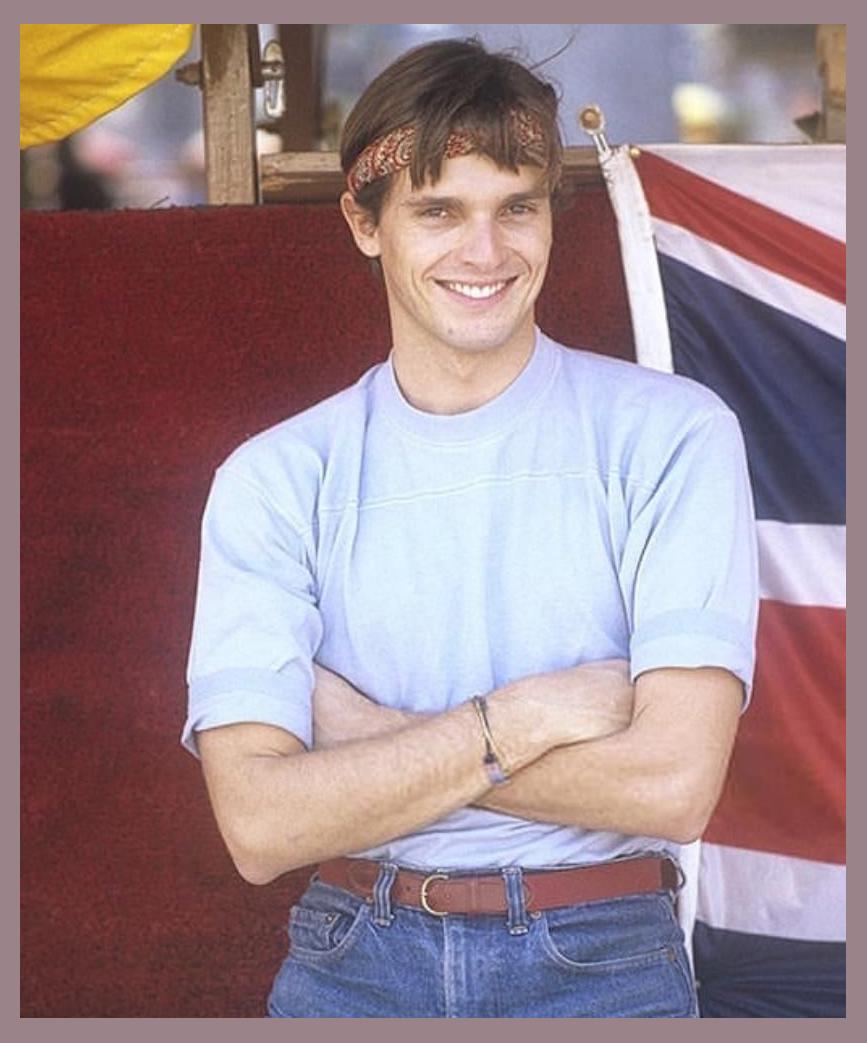 Miguel Bosé
Miguel Bosé
Miguel Bosé: A Musical Titan with a Legacy of Controversy
Emerging from the vibrant musical scene of Spain in the 1970s, Miguel Bosé, a charismatic singer-songwriter, has captivated audiences worldwide with his electrifying performances and poignant lyrics. His remarkable journey has been marked by both artistic triumphs and personal challenges, solidifying his status as a legendary figure in the world of music.
Early Life and Career:
Miguel Bosé's life began in Panama City in 1956. His parents, renowned Italian actress Lucía Bosé and Spanish bullfighter Luis Miguel Dominguín, instilled in him a passion for the arts. At the tender age of 17, he relocated to London to pursue his musical aspirations.
His debut album, titled "Linda," was released in 1977 and catapulted him to instant fame. The album's infectious melodies and introspective lyrics resonated with listeners, establishing Bosé as a rising star in the Latin pop genre.
Artistic Evolution and Controversies:
Over the decades, Miguel Bosé has continually pushed the boundaries of his artistry, exploring diverse musical styles and tackling controversial themes. His album "Bandido" (1984) delved into the complexities of homosexuality, challenging societal norms and sparking widespread debate.
Bosé's outspoken nature often landed him in the spotlight. In the 1990s, he publicly denounced the Spanish government's handling of the AIDS crisis, highlighting the plight of marginalized communities. His activism and unwavering commitment to social justice earned him both admiration and criticism.
Personal Challenges and Triumphs:
Miguel Bosé's personal life has been marked by both triumphs and struggles. In 2007, he became the father of four children via surrogacy, a decision that sparked controversy and sparked discussions about alternative family structures.
Despite the challenges, Bosé has remained a resilient figure, using his platform to advocate for inclusivity and acceptance. His advocacy work has been recognized by organizations such as the United Nations Development Program, which appointed him as a Goodwill Ambassador in 2013.
Discography and Members:
Miguel Bosé's extensive discography spans over 40 years, showcasing his versatility and enduring talent. Notable albums include "Sereno" (1981), "Salamandra" (1986), and "Papito" (2007), a collaboration with renowned Latin artists.
Throughout his career, Bosé has worked with a talented array of musicians, including his long-time collaborator, the renowned guitarist and producer Nacho Mañó. His band members have played an integral role in shaping his iconic sound, providing a solid foundation for his captivating live performances.
Legacy and Impact:
Miguel Bosé's legacy as a musical icon is undeniable. His songs have become timeless anthems, resonating with generations of fans across cultures. His bold artistry, unwavering social activism, and enduring spirit have cemented his place as one of the most influential and respected figures in the world of entertainment.
With a career spanning over four decades, Miguel Bosé continues to inspire and provoke with his groundbreaking music and fearless advocacy. His journey is a testament to the transformative power of art, the courage to challenge societal norms, and the enduring pursuit of truth and justice.
Emerging from the vibrant musical scene of Spain in the 1970s, Miguel Bosé, a charismatic singer-songwriter, has captivated audiences worldwide with his electrifying performances and poignant lyrics. His remarkable journey has been marked by both artistic triumphs and personal challenges, solidifying his status as a legendary figure in the world of music.
Early Life and Career:
Miguel Bosé's life began in Panama City in 1956. His parents, renowned Italian actress Lucía Bosé and Spanish bullfighter Luis Miguel Dominguín, instilled in him a passion for the arts. At the tender age of 17, he relocated to London to pursue his musical aspirations.
His debut album, titled "Linda," was released in 1977 and catapulted him to instant fame. The album's infectious melodies and introspective lyrics resonated with listeners, establishing Bosé as a rising star in the Latin pop genre.
Artistic Evolution and Controversies:
Over the decades, Miguel Bosé has continually pushed the boundaries of his artistry, exploring diverse musical styles and tackling controversial themes. His album "Bandido" (1984) delved into the complexities of homosexuality, challenging societal norms and sparking widespread debate.
Bosé's outspoken nature often landed him in the spotlight. In the 1990s, he publicly denounced the Spanish government's handling of the AIDS crisis, highlighting the plight of marginalized communities. His activism and unwavering commitment to social justice earned him both admiration and criticism.
Personal Challenges and Triumphs:
Miguel Bosé's personal life has been marked by both triumphs and struggles. In 2007, he became the father of four children via surrogacy, a decision that sparked controversy and sparked discussions about alternative family structures.
Despite the challenges, Bosé has remained a resilient figure, using his platform to advocate for inclusivity and acceptance. His advocacy work has been recognized by organizations such as the United Nations Development Program, which appointed him as a Goodwill Ambassador in 2013.
Discography and Members:
Miguel Bosé's extensive discography spans over 40 years, showcasing his versatility and enduring talent. Notable albums include "Sereno" (1981), "Salamandra" (1986), and "Papito" (2007), a collaboration with renowned Latin artists.
Throughout his career, Bosé has worked with a talented array of musicians, including his long-time collaborator, the renowned guitarist and producer Nacho Mañó. His band members have played an integral role in shaping his iconic sound, providing a solid foundation for his captivating live performances.
Legacy and Impact:
Miguel Bosé's legacy as a musical icon is undeniable. His songs have become timeless anthems, resonating with generations of fans across cultures. His bold artistry, unwavering social activism, and enduring spirit have cemented his place as one of the most influential and respected figures in the world of entertainment.
With a career spanning over four decades, Miguel Bosé continues to inspire and provoke with his groundbreaking music and fearless advocacy. His journey is a testament to the transformative power of art, the courage to challenge societal norms, and the enduring pursuit of truth and justice.